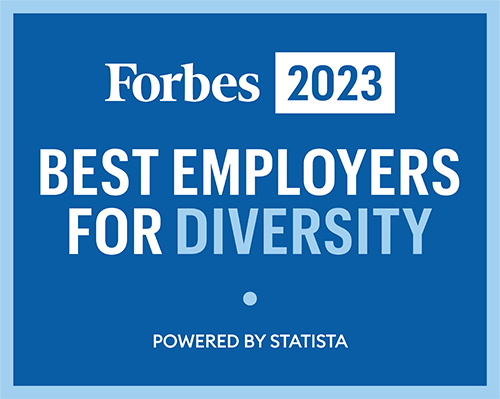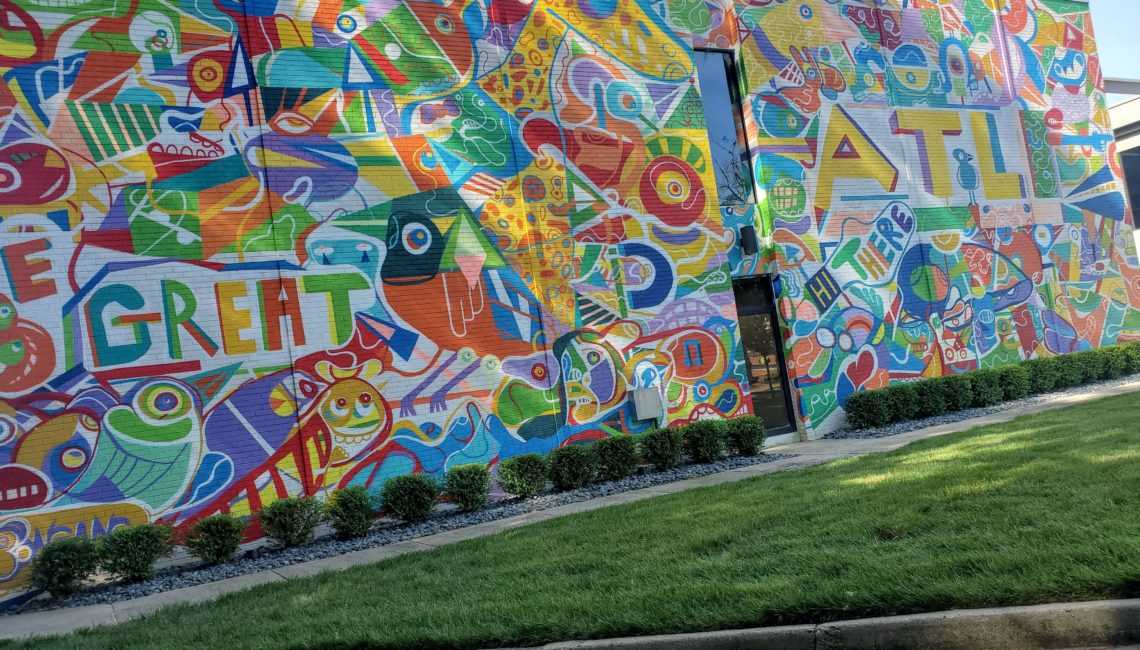Inclusion: The Power and Pitfalls of Assumptions and Expectations
Inclusion can be achieved when we have conversations that are candid and yes, sometimes challenging. The reward of having these hard discussions is that inclusion becomes second nature to our lives.
If everyone were the same, inclusion would be off the table. The benefit of different ideas and different views is lost when we are not living or working alongside people of other ethnicities, genders, religions, and cultures. The upside of inclusion and diversity are the unique contributions we gain from each other. To realize the power and pitfalls of inclusion, intentional conversations and intentional actions should take place and that can be hard.

Why is it So Hard?
The conversations are hard because we are human and different. We have our own cultures. We grow up with our own languages, foods, celebrations, and norms which become second nature to us. These are the things that shape our thinking and behavioral preferences. Most cultures include an element of hospitality that prevents us from purposely making others feel uncomfortable and we don’t want to be uncomfortable either. Some people may worry they will offend someone by asking questions about their race, religion, or other ways of life. This is often times how inclusion is strained and how we create further separation among us.
Can You Navigate a Hard Conversation?
Our curiosity and acceptance of others has come a long way. We live in a global community that is made up of many people with different cultures and we want to know what they believe to be characteristics of their life. Just like anyone else, we also want to share who we are.
Here are a couple of things you can do, and not do, that will help to navigate candid and challenging conversations about culture and inclusion.
Do = Power
- Be respectful
- Listen without judgment
- Compare and contrast your own experiences to the one(s) being shared
Don’t = Pitfalls
- Adhere to stereotypes
- Dismiss or downplay someone else’s narrative
The thing that keeps me grounded when talking about inclusion or culture, is remembering the person is sharing their experience and there is a chance to learn from them. This is where the power comes in. It is very easy, and risky, to communicate or act based on preconceived ideas. I always become enlightened when I take the time to stop and listen to someone whose lived experiences are different from mine.
Here is where I tell on myself. I recently visited Thailand. To prepare for the trip, I did quite a bit of research, reading several books on Thai culture. I was excited to get to Thailand and enjoy what I thought was a local cuisine, pho. For those who may not know pho is soup typically made from beef stock and spices, filled with delicious herbs, vegetables and meats of your liking. Turns out that while pho is from the Asian culture, it is one of the feature foods from Vietnam, Thailand’s neighbor to the south. I was so embarrassed but appreciated the gentle lesson and savored in the curries and spicy dishes that are hallmarks of Thailand.
Why is it so Easy?
Now hold on. I am going to say something that may seem like a contradiction about the hard conversations about diversity…it is actually easy when you think about it this way: culture is, at its heart, the way a particular group of people do something we all do — live. I caution against stereotyping other cultures because common understanding is a habit that takes over until learning becomes the habit. To demonstrate this, let’s go back to college. A lot of us are familiar with Greek life, but some may not be. Most schools share what is known as Greek life, that is sororities and fraternities named with Greek letters. Some of us have some preconceived notions about these organizations.
- Collegiate Panhellenic Council — sororities. This is the group of women we think of as designer-brand wearing, attractive women who drink designer-coffee.
- Interfraternity Council — fraternities. “The popular guys” who hang out, pull pranks, and throw questionable parties
- National Pan-Hellenic Council — historically African American Greek organizations. Close-knit groups of women and men who can spontaneously break into choreographed dances outside of organized step contests
While these may be some of the qualities associated with each type of organization, all 3 have the same thing in common — they are a sisterhood of women and brotherhood of men who share in common — to be a service to others. Regardless of which Greek letters represent the particular group, each sorority or fraternity is committed to philanthropic ideals. These ideal are the focus of the work of the organization. How the groups socialize, communicate and engage demonstrates how their traditions are part of their culture within the larger umbrella of these service organizations.
Lucky for us, the opportunity to grow from variety is everywhere. Diving into conversations about inclusion with an understanding that our differences make us better allows the conversation about inclusion to become easier. If we move from knowledge — our preconceived and possibly incorrect ideas — to acceptance — being open to new ideas — inclusion becomes our superpower. When we do this, we have the tools needed to ensure our diversity enables inclusion in all things where we learn, work, and live. With practice, inclusion can become second nature to our lives.
Shift points
- Conversation is a 2-way street, it requires talking and listening about our lived experiences and culture with respect
- The heart of inclusion is learning, accepting and leveraging our diversity
- Be courageous! Talking about differences makes it possible to maximize the best of each person living beside you or working with you.

